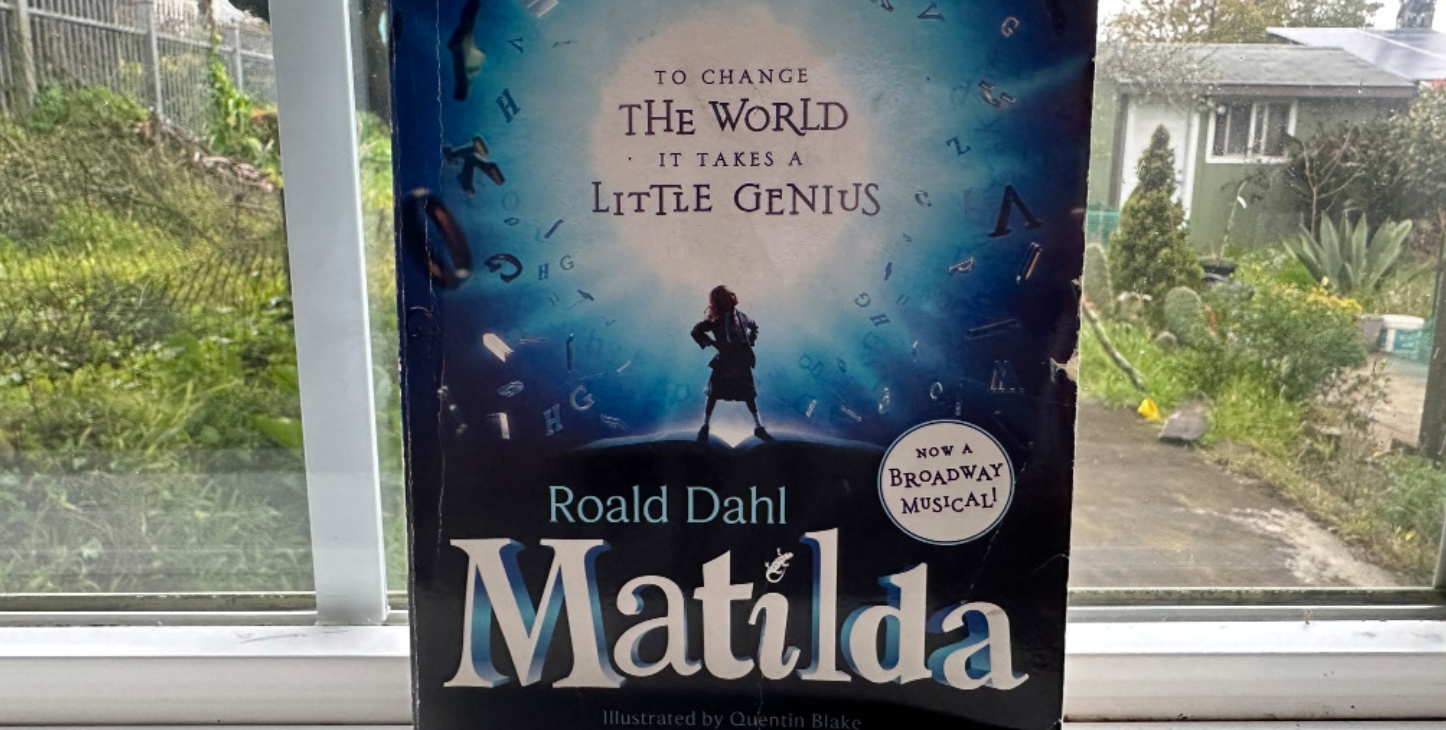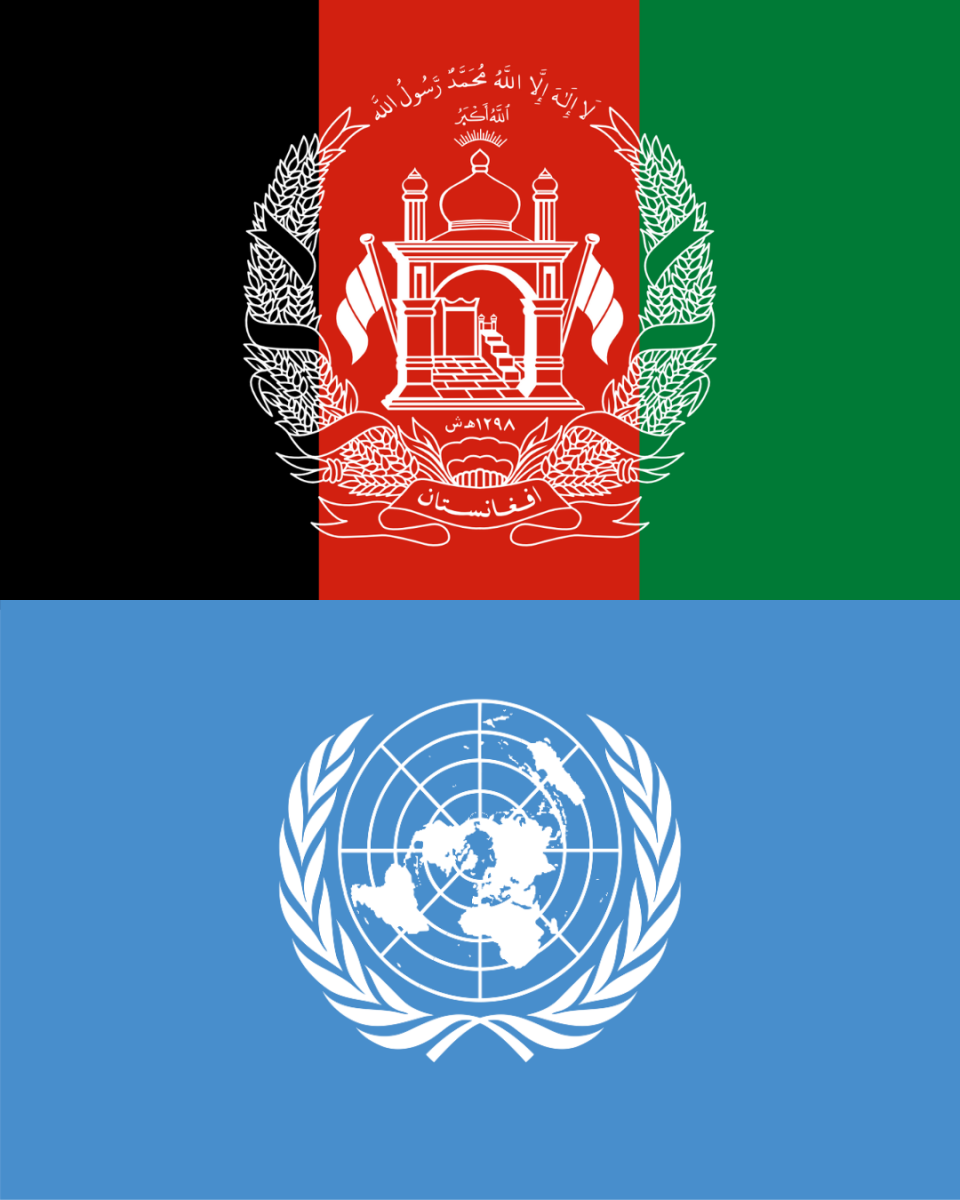For most of human history, the notion that ideas should be expressed freely has been an unpopular one. Only recently has the right to freedom of expression become enshrined as an inalienable right, a right given to each individual upon birth.
Yet even in today’s world, censorship has remained rampant — and it reared its ugly head again just three weeks ago, when Penguin Random House announced that it would publish new editions of acclaimed children’s author Roald Dahl’s books containing rewritten passages meant to make the books more suitable for modern readers.
According to the Guardian, in these editions, Dahl’s work has been wiped clean of any phrases that could appear to cast a negative light on characters’ appearance or identity – “mothers and fathers” has been changed to “parents,” “enormously fat” has been changed to “enormous,” and so forth. Likewise, sentences have been added under jokes or comical descriptions, clarifying them and taking any humorous connotations out of them. For instance, under a sentence revealing that the witches of Witches are bald, a paragraph about the various reasons women might be bald has been inserted.
While some find these edits to be a way to freshen his books up to appeal to all tastes, books aren’t meant to be palatable for every taste. To treat books as something meant to be glossed over is to treat them as a commodity, whose worth is built on the copies able to be sold, and not the message they are meant to communicate. Altering Dahl’s word choice simply disregards his intent as an author in favor of selling books to an audience that agrees with these edits.
But on a more profound basis, changing his words assumes that children aren’t capable of thinking critically – which is blatantly untrue. Children are born with an innate curiosity, a desire to learn as much about the world around them as possible – and this includes fictional worlds as well. The lessons they take away from reading go far beyond vocabulary; they teach them to look beyond the surface in the world around them.
By removing opportunities to teach children to question authors’ opinions, it teaches them to be gullible, to simply accept the status quo. It teaches them that there is simply no excuse to look into the lens of the past, that the past must have been exactly as our present.
Likewise, just as each human being is shaped by the unique experiences they have faced, each and every author comes from a distinct background, formed by the times they lived in, the extraordinary circumstances they faced, and the people who surrounded them. Their work comes from their lives – and just as life itself is full of imperfections, so are writers as people.
To whitewash their work is to place writers on a pedestal, to claim that they must be perfect to have any merit. But to be flawed is to be human, to possess the capability to come up with the fictional works we so idolize in the first place.
We can acknowledge that our authors came from vastly different backgrounds, from times unlike ours, while preserving their life’s work. Books are not meant to be the paragons of contemporary morality, nor are they commodities to be repackaged as companies see fit; they are the story of humanity, flawed as we are.






